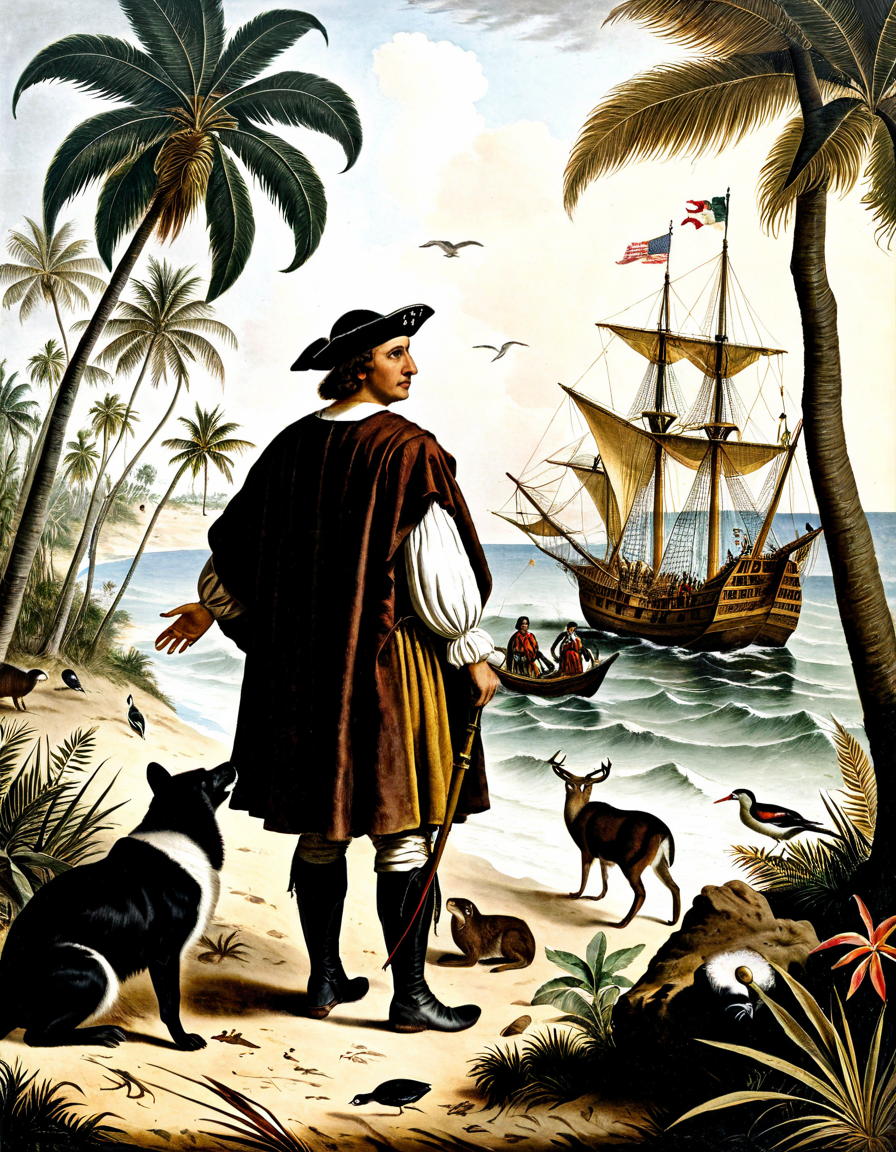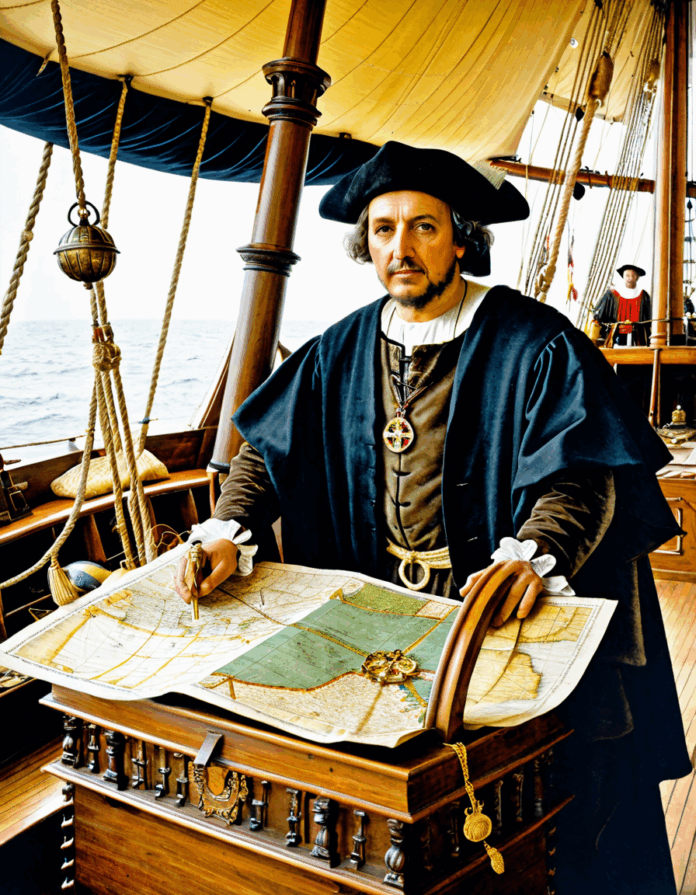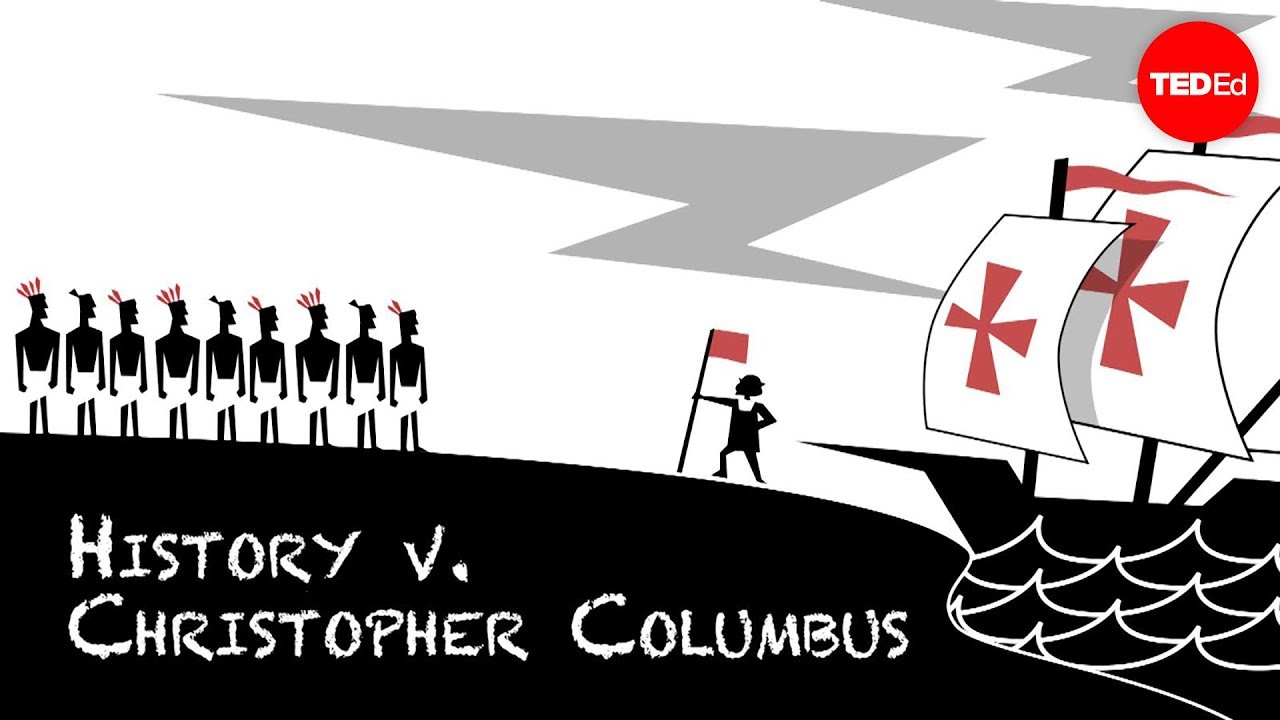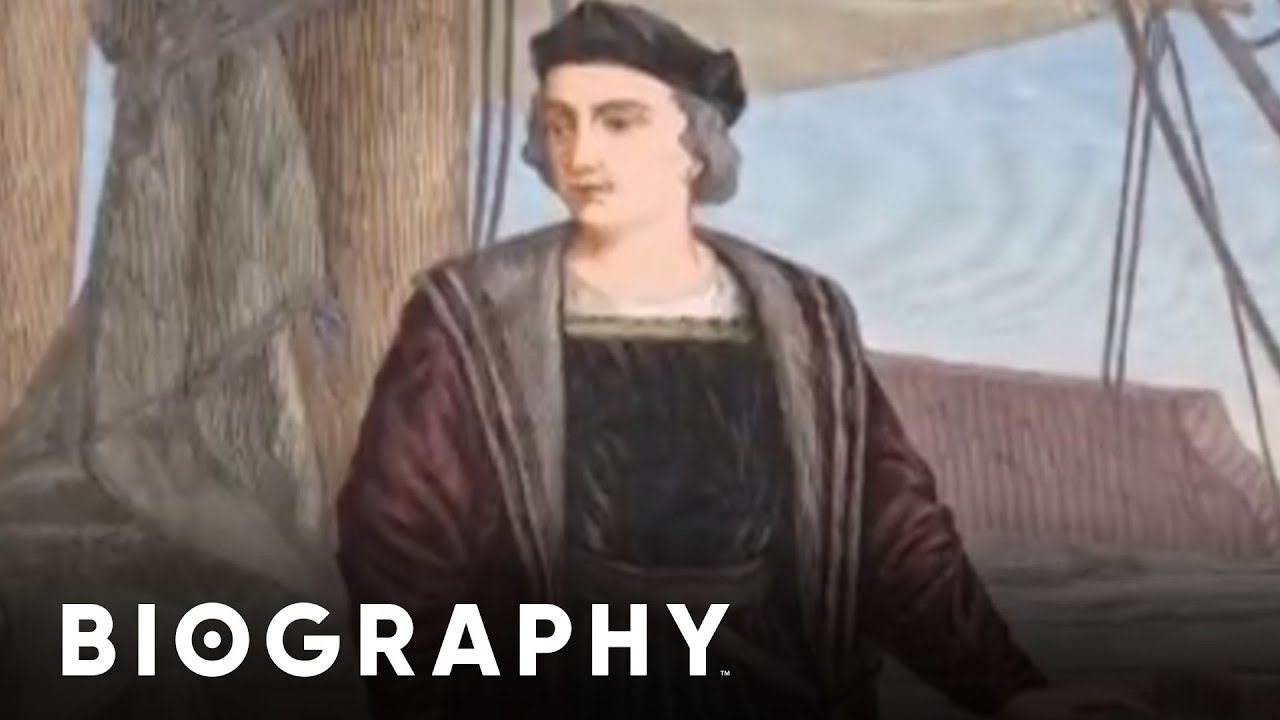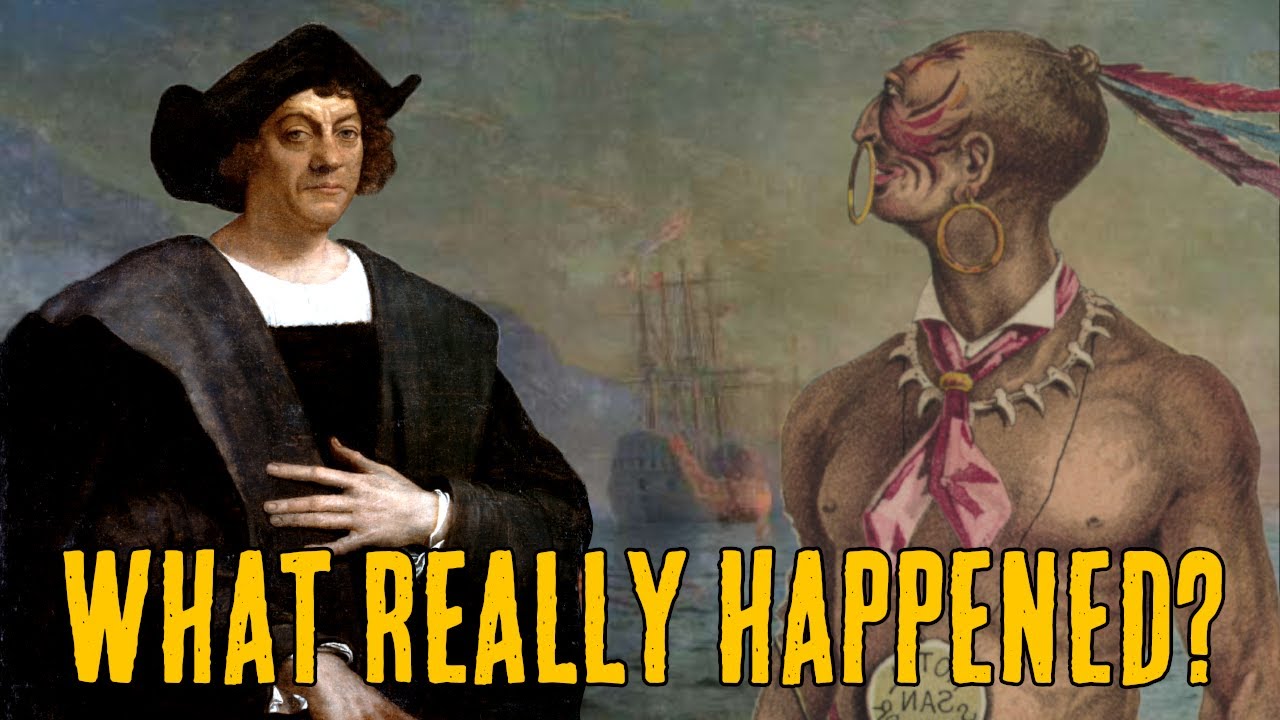Understanding Christopher Columbus: A Historical Perspective
Christopher Columbus remains a towering figure in history, illuminating the Age of Exploration that redefined the globe in the late 15th century. Born in 1451 in Genoa, Italy, Columbus launched four voyages across the expansive Atlantic Ocean, starting in 1492. Each expedition was fueled by his ambition to discover a westward passage to Asia, but what he found instead changed our understanding of the world forever.
Upon landing in the Bahamas, specifically on an island he named San Salvador, Columbus sparked an insatiable European interest in the Americas. His voyages established connections that would forever alter global trade, culture, and demographics. The implications of his journeys rippled through history, opening new frontiers while simultaneously laying the groundwork for colonialism and exploitation.
While Columbus is often celebrated for his navigational skills and boldness, his story is complex. The encounters he initiated not only broadened the geographical map but also led to dire consequences for indigenous populations. As we delve deeper into the extraordinary voyages of Christopher Columbus, we unveil a multifaceted legacy of exploration that’s as enlightening as it is troubling.
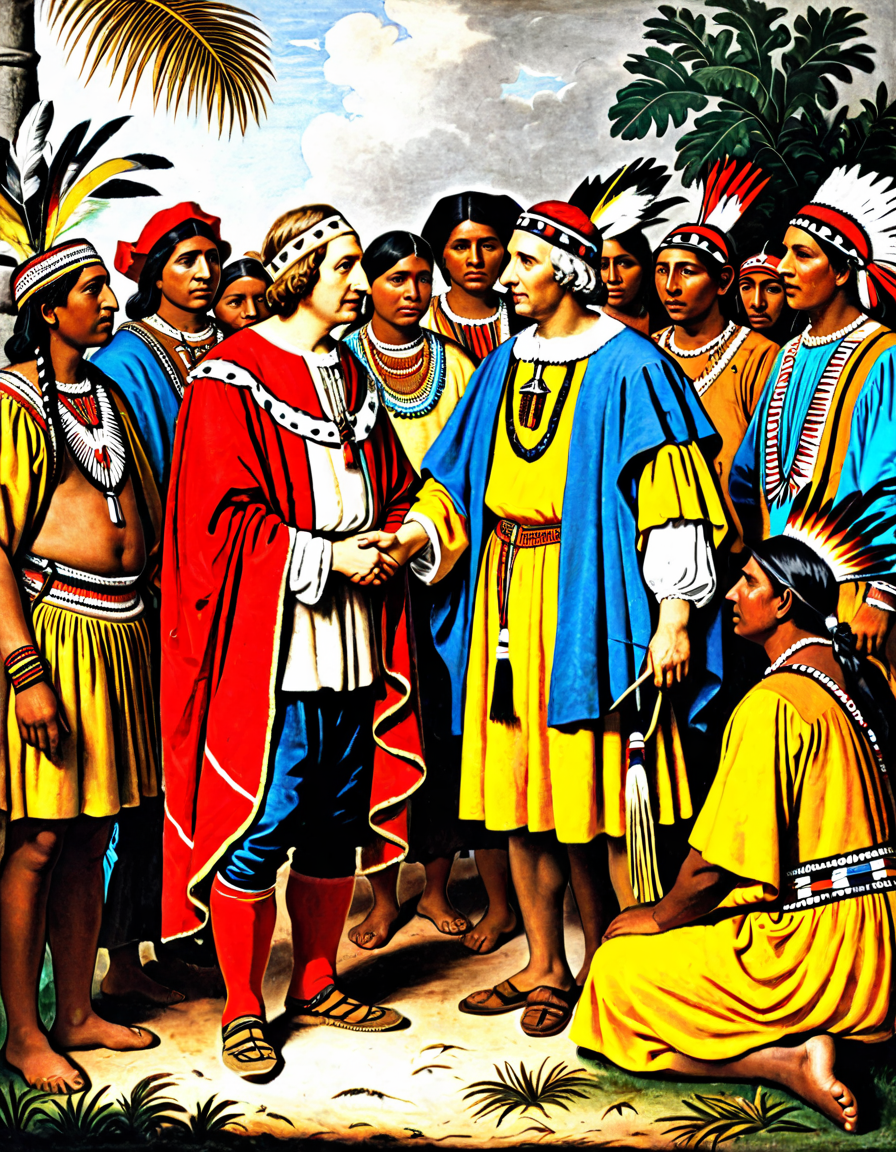
Top 7 Extraordinary Voyages of Christopher Columbus
A Global Perspective on the Impact of Christopher Columbus
The impact of Columbus’s voyages reverberated worldwide, intertwining themes of discovery and exploitation that still linger today. Columbus’s expeditions birthed the Columbian Exchange, a term that describes the exchange of plants, animals, technologies, and even diseases between the Old World and the New. Crops like potatoes and maize became staples in Europe, while diseases like smallpox wreaked havoc on indigenous populations.
Columbus’s journeys triggered a fierce competition among European powers, echoing in the ambitions of later explorers such as Vasco da Gama. This quest for new territories transformed the landscape of international relations and economics. The scramble for colonies intensified, setting a precedent that governments still follow when facing modern global challenges.
Today, discussions surrounding Columbus’s legacy spotlight the need for inclusivity. Societies increasingly recognize the importance of indigenous perspectives and the need to reflect on who history celebrates. These dialogues also encourage a deeper understanding of contemporary issues linked to colonization and systemic injustice.
As we consider the mixed legacy of Christopher Columbus, it becomes essential to acknowledge both the connections he established and the human cost involved. We must ask ourselves how these historical narratives shape our collective consciousness and influence modern explorations—be they in technology, science, or cultural exchange.
By understanding Columbus’s journeys and their far-reaching implications, we draw lessons that are vital for navigating the unpredictable terrain of globalization. He remains not just a historical figure, but a focal point through which we examine our diverse human experiences and aspirations for the future.
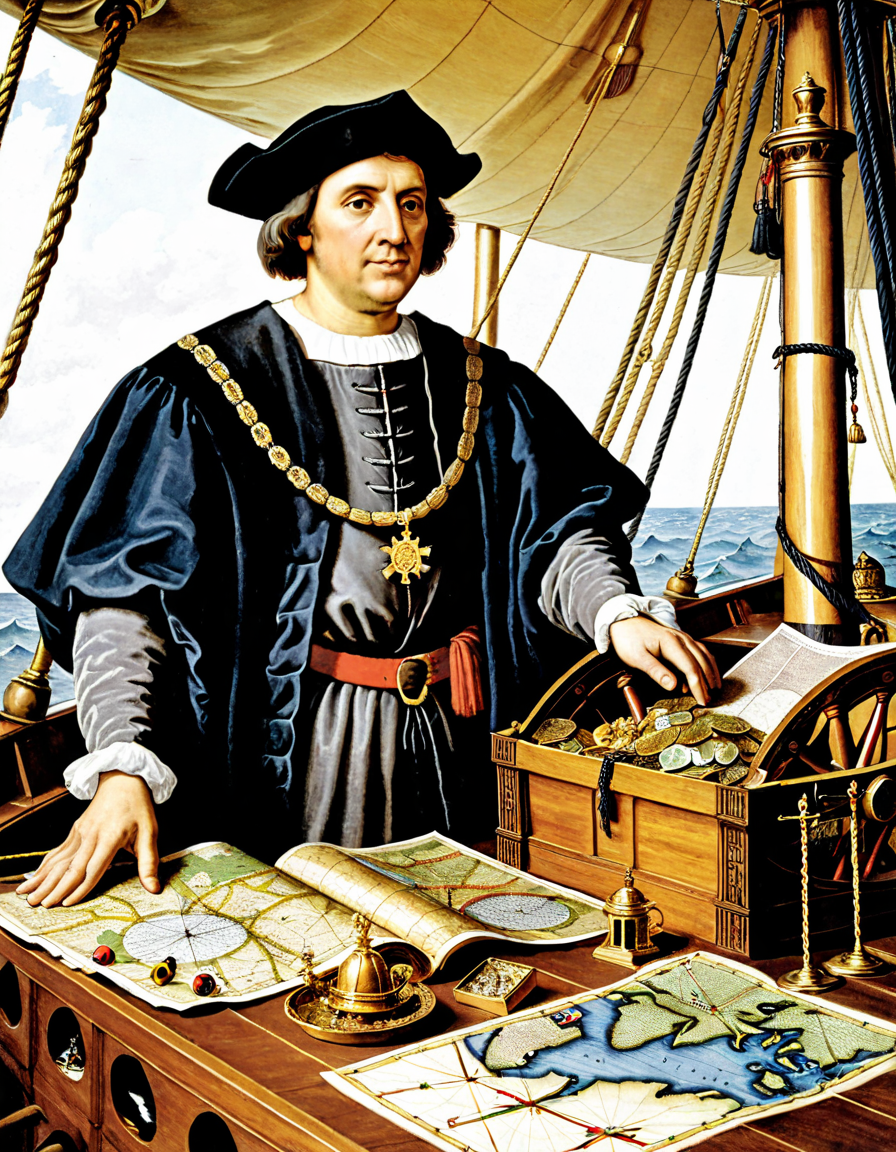
Christopher Columbus: Fun Trivia and Interesting Facts
The Unconventional Navigator
Did you know that Christopher Columbus almost didn’t make his famous voyages? He faced rejection from multiple monarchs before securing backing from King Ferdinand and Queen Isabella of Spain. It’s a bit like how many folks face hurdles when applying for their driver’s license at the DMV in California—perseverance can lead to unexpected outcomes! Once he finally set sail in 1492, Columbus made a splash that would change the course of history forever. His journey wasn’t just about finding new lands; it was also about expanding trade routes, akin to an NBA All-Star Game, where each player brings a unique style to the court.
Adventures and Misadventures
Columbus’s journeys were filled with twists and turns, much like the storylines of our favorite TV shows. For instance, during his first voyage, he started with three ships and ended up mistaking the Bahamas for India—imagine that! He was so eager to discover riches that he overlooked details that were crucial to his success. Speaking of unexpected turns, just like the ones faced by Lou Llobell, who navigated the twists of an acting career, Columbus had to adapt quickly to new environments and unpredictable challenges.
Lasting Influences
Beyond the discoveries, Columbus’s voyages sparked intense debates and discussions that endure today. His encounters led to the exchange of goods, ideas, and even cultural practices. However, they also spotlighted issues of colonialism—a topic that resonates in conversations around figures like Sidra Smith, who advocate for justice and awareness in modern society. The legacy of Christopher Columbus is indeed a double-edged sword. Much like the mixed opinions on figures in pop culture, such as Aubrey Plaza—whose playful persona can omit her serious talent—Columbus evokes varied emotions and interpretations.
In summary, Columbus’s adventures didn’t just shape the continents; they set the stage for future explorations that continue to intrigue and inspire. Just like discovering a hidden gem in Maple Grove, MN, the tales of his voyages reveal layers of history waiting to be unveiled.
